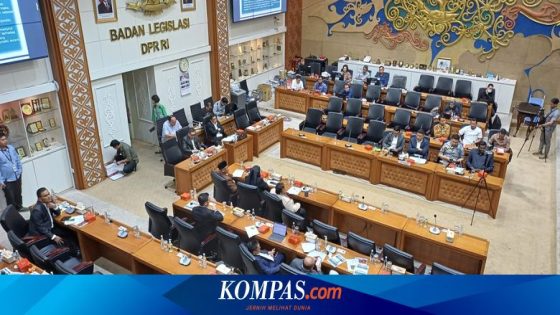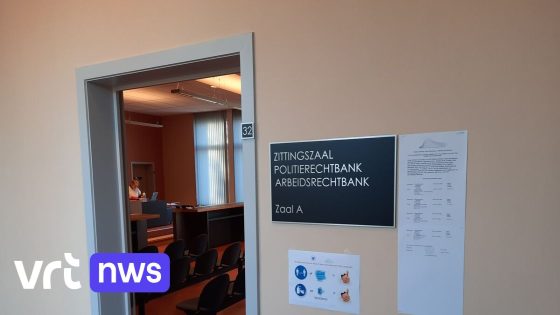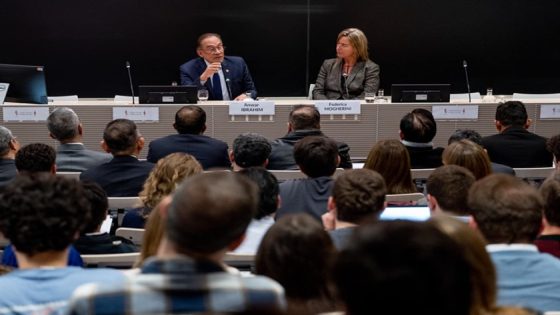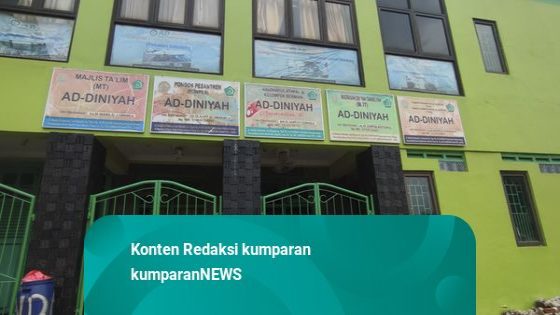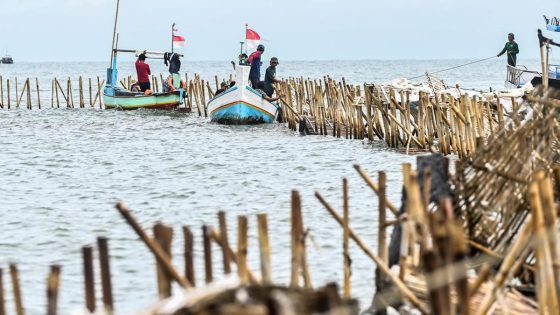On January 23, 2025, a significant proposal emerged in Indonesia regarding the management of mining operations. The idea is to allow universities to hold mining licenses, sparking debate about the role of education in resource management. Is this a step towards innovation or a potential misstep for the academic sector?
- Universities proposed for mining management rights
- Revision of Mineral and Coal Law initiated
- APTISI advocates for university mining involvement
- Document outlines educational and mining solutions
- Revisions aim to enhance community resource management
- Walhi strongly opposes university mining rights
Indonesia’s Universities and Mining: A Controversial Proposal
Could allowing universities to manage mining operations reshape Indonesia’s educational landscape? This proposal, initiated by the Indonesian Private Higher Education Association (APTISI), aims to address educational disparities and resource management. Yet, it raises questions about the integrity of academic institutions. Will they become business entities?
The Implications of Mining Management by Universities in Indonesia
The proposal to grant mining licenses to universities has both supporters and detractors. Advocates believe this approach can enhance educational programs and provide practical experience for students. However, opponents warn that this could commercialize education and distract from academic goals. Here are key points to consider:
- Potential for hands-on learning in mining and resource management.
- Concerns about the integrity of educational institutions.
- Impact on local communities and environmental sustainability.
- The need for clear regulations and oversight.
Supporters of the Proposal: Who Benefits?
Proponents argue that universities managing mining operations can lead to better resource management and educational outcomes. By integrating practical experience into academic programs, students can gain valuable skills that are directly applicable in the workforce. This initiative may also stimulate local economies through job creation and training opportunities.
Opponents’ Concerns: The Risks Involved
Critics, including environmental groups, express concerns about the potential negative impacts of this proposal. They argue that universities should focus on education, not business ventures. The risk of prioritizing profit over academic integrity and environmental sustainability is a significant worry. Can universities maintain their educational mission while engaging in commercial activities?
Future of Education and Industry in Indonesia
The future of this proposal remains uncertain as it faces scrutiny from various stakeholders. The balance between education and industry is delicate. As Indonesia explores this new frontier, it must consider the long-term implications for both its educational institutions and the communities they serve. Will this be a model for innovation or a cautionary tale?



